Understanding Types of Search Engine Marketing
What does it take to make your business pop up on top of Google faster than a cat video going viral? That’s the magic of Search Engine Marketing!
As digital marketing continues evolving, businesses constantly look for effective ways to increase visibility and drive website traffic. 93% of online experiences start with a search engine, making Search Engine Marketing (SEM) one of the most influential and immediate methods for businesses.
The process of SEM combines both SEO and PPC to create a complete online marketing plan that boosts traffic and visibility on search engines, depending on what you are searching for.
SEO and PPC are both ways to market on search engines. While organic search marketing and paid search marketing are different approaches, they aim to achieve the same goals and use the same platforms.
In this blog, we will explore the various types of search engine marketing and provide an in-depth understanding of each to help you decide which approach best suits your business goals.
What is SEM?
Search engine marketing (SEM) is a digital marketing strategy where you promote your products or services through paid advertising campaigns that appear on search engine result pages (SERPs). This approach allows you to increase your online visibility by displaying ads to users searching for specific keywords relevant to your business. SEM targets customers at the exact moment they are searching for information or products, helping you drive more traffic to your websites and generate potential leads.
For example, if a consumer is searching for information related to a product or service that a business offers, SEM ensures the business appears prominently in the search results. This can significantly improve brand exposure and attract customers. By leveraging paid ads, SEM taps into the psychology of online users who are more likely to engage with businesses they see in relevant search results.
Benefits of SEM
Search engine marketing provides several benefits for you to grow your online presence:
- Quick Revenue Generation: SEM can deliver immediate results. Once an ad is placed, it begins driving traffic almost instantly, leading to fast revenue generation without waiting for organic traffic growth.
- Sustainable Growth: SEM campaigns are scalable. You can easily increase or decrease the size of your campaigns based on your budget or growth goals, offering flexibility in managing advertising costs.
- Competitive Advantage: Paid ads in SEM are positioned above organic search results, ensuring that a business’s ads appear before its competitors’ listings. This gives you an edge, regardless of how optimised your competitors’ sites are for SEO.
- Targeted Customer Engagement: SEM allows you to target specific customers by using keywords that align with your search intent. This ensures that the audience seeing the ads is already interested in similar products or services, increasing the likelihood of conversions.
SEM vs SEO: What’s the Difference?
SEM (Search Engine Marketing) and SEO (Search Engine Optimization) both aim to increase a business’s visibility on search engines, but they differ in approach. SEM involves paid advertising, where businesses bid on keywords to display ads on search engine result pages (SERPs), offering quick visibility and immediate results.
SEO, on the other hand, focuses on optimizing website content and structure to rank higher organically in search results, which is a longer-term strategy. While SEM offers instant results but requires ongoing investment, SEO builds lasting authority but takes time to generate significant traffic. Both strategies can complement each other.
Now, let’s look into the 3 types of Search Engine Marketing that help a business grow.
Also Read: Guide to Generating Leads With Facebook Ads
3 Types of Search Engine Marketing
Search Engine Marketing (SEM) is a powerful tool that can help you enhance your online presence through paid advertising. SEM encompasses various methods to ensure your business appears prominently on search engine result pages (SERPs), driving targeted traffic and increasing conversions.
Below, we dive into six significant types of search engine marketing that you can use to achieve your digital marketing goals:
- Pay Per Click (PPC)
Pay-per-click (PPC) is a widely used online advertising model in which you pay a fee each time a user clicks your ad. This system is a way to buy website visits rather than earn them organically. It is a common form of Search Engine Marketing (SEM) and can produce fast results by increasing visibility in search engine result pages (SERPs). PPC ads often appear as “Sponsored” or “Ad” labels at the top and bottom of the SERPs. 65% of all clicks made by users searching for something commercial go to paid ads.
Mechanism of PPC Advertising
PPC operates on a bidding system, often called the “Ad Auction.” You bid on keywords they want to trigger your ads. When a user searches for a keyword that matches one of those bids, the ad enters the auction, and the search engine decides which ads to display based on several factors, including the bid amount and an ad’s Quality Score, which measures its relevance and usefulness to the user. This combination determines the ad’s position, or Ad Rank, in the search results.
An important point is that PPC does not guarantee the highest position to the highest bidder. Instead, a higher Quality Score can allow you to rank higher with a lower bid than your competitors.
Benefits of PPC
- Immediate visibility: Paid ads show up quickly and are more likely to be noticed by users, making them ideal for time-sensitive campaigns or promotions.
- Targeted audience: PPC allows advertisers to target specific demographics, geographical locations, devices, and even times of day.
- Measurable results: With tools like Google Analytics, you can measure the effectiveness of your ads, track conversions, and optimise your campaigns accordingly.
Disadvantages of PPC
- Costly: PPC can be expensive, particularly in highly competitive markets. If not managed well, costs can quickly add up.
- Short-term results: Ads disappear as soon as you stop paying for them. This contrasts with the long-term benefits of SEO.
- Complex management: Setting up an effective PPC campaign requires expertise, and you often need to hire specialists to manage and optimise your ad campaigns.
Working with an experienced agency like Growthpep can help you effectively navigate and optimise your PPC campaigns, ensuring maximum ROI.
- Local SEO
Local SEO is a specific type of SEO that focuses on optimising a business’s online presence for geographically related searches. This is especially important for brick-and-mortar businesses or those that serve a specific region. Local SEO aims to appear in local search results, such as Google Maps or localised organic results, helping you connect with nearby customers looking for your products or services.
How Local SEO Works
Local SEO aims to increase a business’s visibility in the local search engine results by optimising its Google My Business (GMB) profile, acquiring positive online reviews, and ensuring consistency in the business’s name, address, and phone number (NAP) across various online directories. This type of SEO is vital for businesses like restaurants, service providers, or retail stores that rely on customers visiting a physical location.
When users search for a service or product combined with a local keyword like “near me,” Google shows local search results in the form of a map and a list of businesses, known as the “Local Pack.” Firms with a well-optimised GMB profile, quality reviews, and appropriate local content are more likely to appear in these local search results.
Benefits of Local SEO
- Increased local visibility: Appearing in local search results and Google Maps can significantly improve foot traffic and online inquiries.
- Cost-effective: Unlike PPC, clicks are not paid, making this a more affordable strategy for long-term visibility.
- Mobile optimisation: Local SEO is particularly effective for users searching for products or services on mobile devices, often resulting in higher conversion rates.
Disadvantages of Local SEO
- Geographical limitations: It only targets users within a specific area, which may not benefit businesses targeting a broader or global audience.
- Time-consuming: It can take several months of optimisation to appear in the local pack, particularly in competitive markets.
- Privacy concerns: You must publicly display your address and contact details, which could lead to privacy issues or unwanted contact.
Also Read: Performance Marketing Strategies in e-commerce 2024
- Organic SEO
Organic SEO refers to optimising a website and its content to rank higher in the unpaid (organic) search results. Unlike PPC, where you pay for your ads to appear at the top, organic SEO focuses on building long-term authority and trust with search engines and users. The goal is to create a website that naturally ranks high in search engine results for targeted keywords through strategies like content creation, keyword optimisation, and link building.
How Organic SEO Works
Organic SEO involves several ongoing strategies, including:
- Keyword research: Finding relevant keywords that users search for and integrating them naturally into content.
- Content creation: Developing high-quality, engaging content that addresses users’ search intent.
- Backlinking: Earning high-quality backlinks from authoritative websites to boost the credibility and ranking of your site.
- On-page SEO: Optimising web pages for search engines and users by improving meta tags, internal linking, URL structures, and page load speed.
- Technical SEO: Ensuring that a website is crawlable and indexable by search engine bots and that it has a good site architecture, mobile-friendliness, and secure HTTPS protocols.
Unlike PPC, where results are immediate, organic SEO takes time to build but can lead to sustained visibility once a website has gained authority and ranks for targeted keywords.
Benefits of Organic SEO
- Long-term results: Once a website ranks well organically, it can maintain that position for a long time with consistent efforts.
- Cost-effective: Although it requires time and resources, organic traffic is free and can generate a high return on investment (ROI).
- Trustworthy: Users often see organic results as more credible than paid ads.
Disadvantages of Organic SEO
- Takes time: It can take months or even longer to see significant results, especially in highly competitive industries.
- Constant maintenance: SEO requires ongoing efforts to maintain rankings, especially with frequent algorithm updates from search engines.
- Limited control: Unlike PPC, where you can control where your ads appear, organic SEO relies heavily on search engine algorithms and can be unpredictable at times.
Now that we know the types of search engine marketing, let’s get into knowing the importance of choosing the right one for your business to grow.
Also Read: Digital Marketing Strategies for Ecommerce: Tips and Examples
Importance of Choosing the Right Type for Your Business
Selecting the appropriate search engine marketing strategy—pay-per-click (PPC), Local SEO, or Organic SEO—is vital for your business’s success. Each method aligns differently with business goals; PPC is ideal for immediate visibility and quick conversions. Local SEO effectively targets nearby customers, making it perfect for brick-and-mortar businesses, while Organic SEO builds long-term brand credibility.
Budget considerations also play a crucial role. PPC can be costly, whereas Local and Organic SEO offer more sustainable options. Additionally, reaching the right audience is vital; Local SEO is essential for geographic targeting, while PPC and Organic SEO work better for broader markets.
Finally, the choice affects your results timeline. PPC provides immediate visibility, while Organic SEO requires time but delivers lasting traffic. Making an informed decision ensures your marketing efforts yield the highest return on investment and align with your business objectives.
Conclusion
Each type of search engine marketing offers unique advantages, from quick results with PPC and search ads to increased brand awareness with display and video ads. The key is understanding which type best aligns with your business goals. By selecting the appropriate SEM strategy, you can effectively reach your target audience, drive traffic, and increase conversions, ensuring a solid return on investment.
For businesses looking to maximise their digital marketing efforts, Growthpep is an ROI-driven performance marketing agency that specialises in helping companies to grow through targeted ad campaigns, SEO, Social Media, etc. They focus on scaling businesses by creating and executing data-driven ad campaigns across platforms like Facebook, Instagram, Google Ads, Amazon, and Flipkart.
Contact Growthpep today and let them help you reach your business goals with tailored, results-oriented strategies that deliver tangible ROI.
FAQs
Q1: Why is Search Engine Marketing important?
Search Engine Marketing (SEM) is crucial because it helps drive targeted traffic to your website and boosts brand visibility. With higher rankings, your products or services are more likely to be revisited, gain social media mentions, and convert into sales.
Q2: What is the difference between local SEO and organic SEO?
Local SEO and organic SEO differ in that local SEO targets a specific geographic location, optimising for local searches. Organic SEO focuses on improving search rankings through techniques like quality content, keyword optimisation, and link-building, without any location-based targeting.
Q3: What does an SEM consultant do?
An SEM consultant specialises in managing paid search campaigns on platforms like Google and Bing. They optimise ad performance to ensure effective results from search engine marketing efforts.
Q4: What is an SEM ad auction?
In an SEM ad auction, businesses bid on keywords to secure top spots in search results. The auction doesn’t just prioritise the highest bid but also factors in the quality of the ad, landing page, and overall user experience to determine the winner. These auctions occur in real-time for every user search.
Sorry, the comment form is closed at this time.

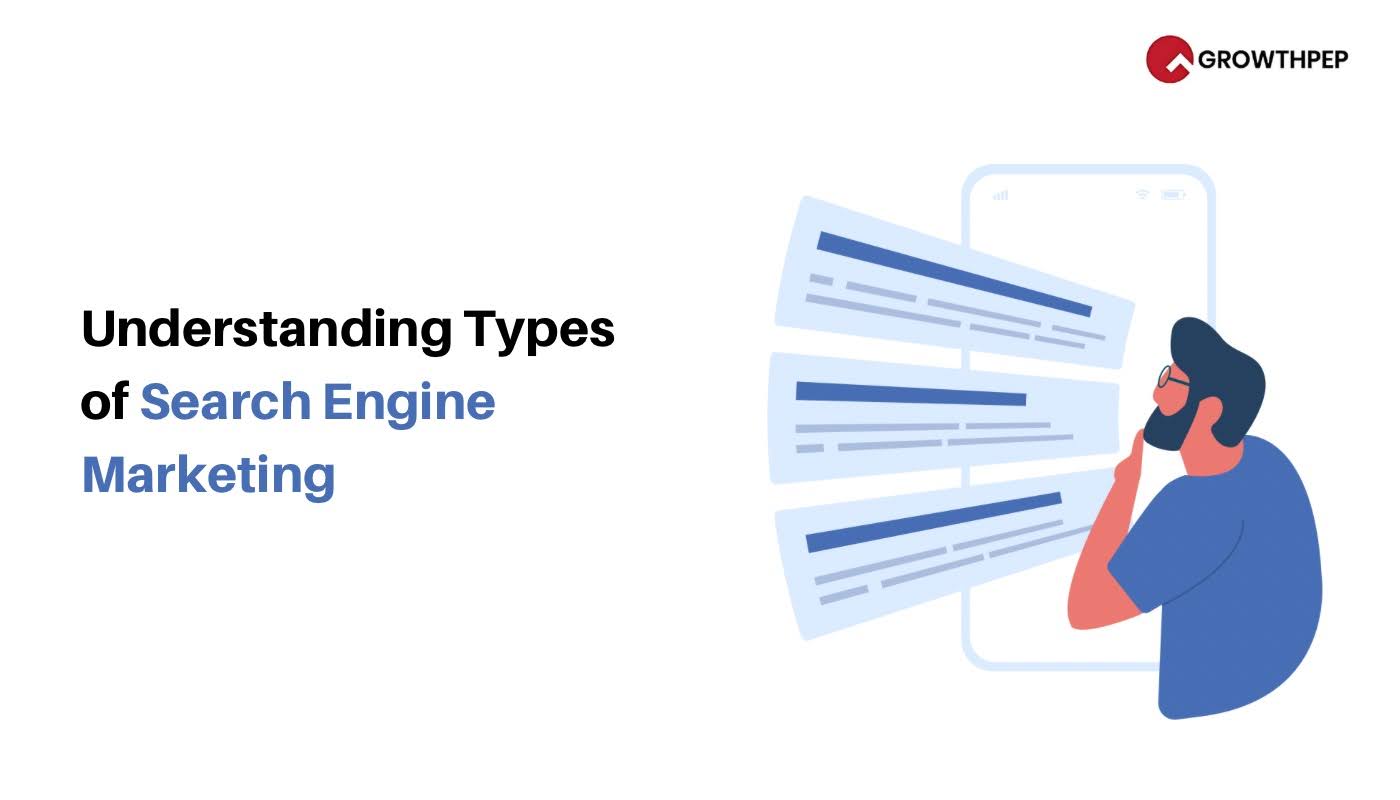
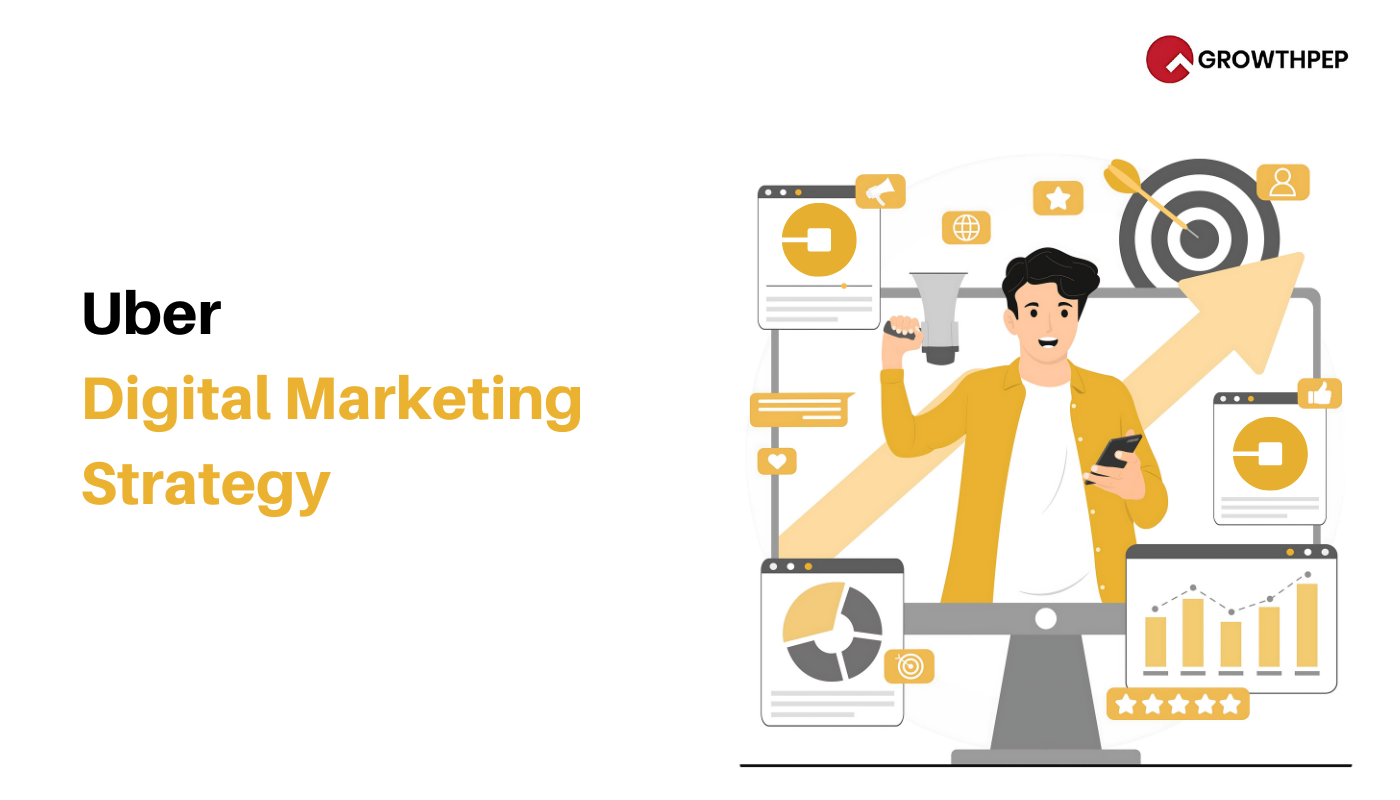
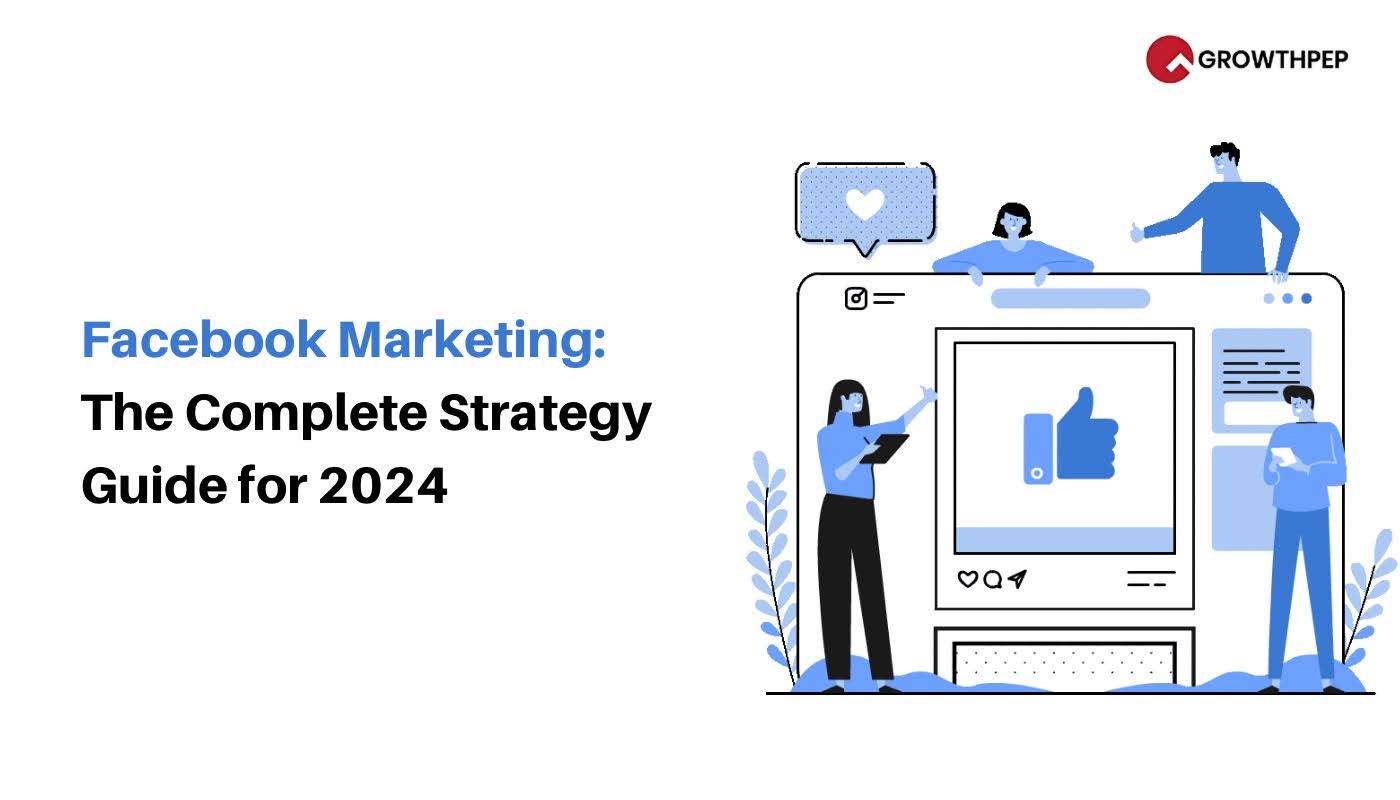
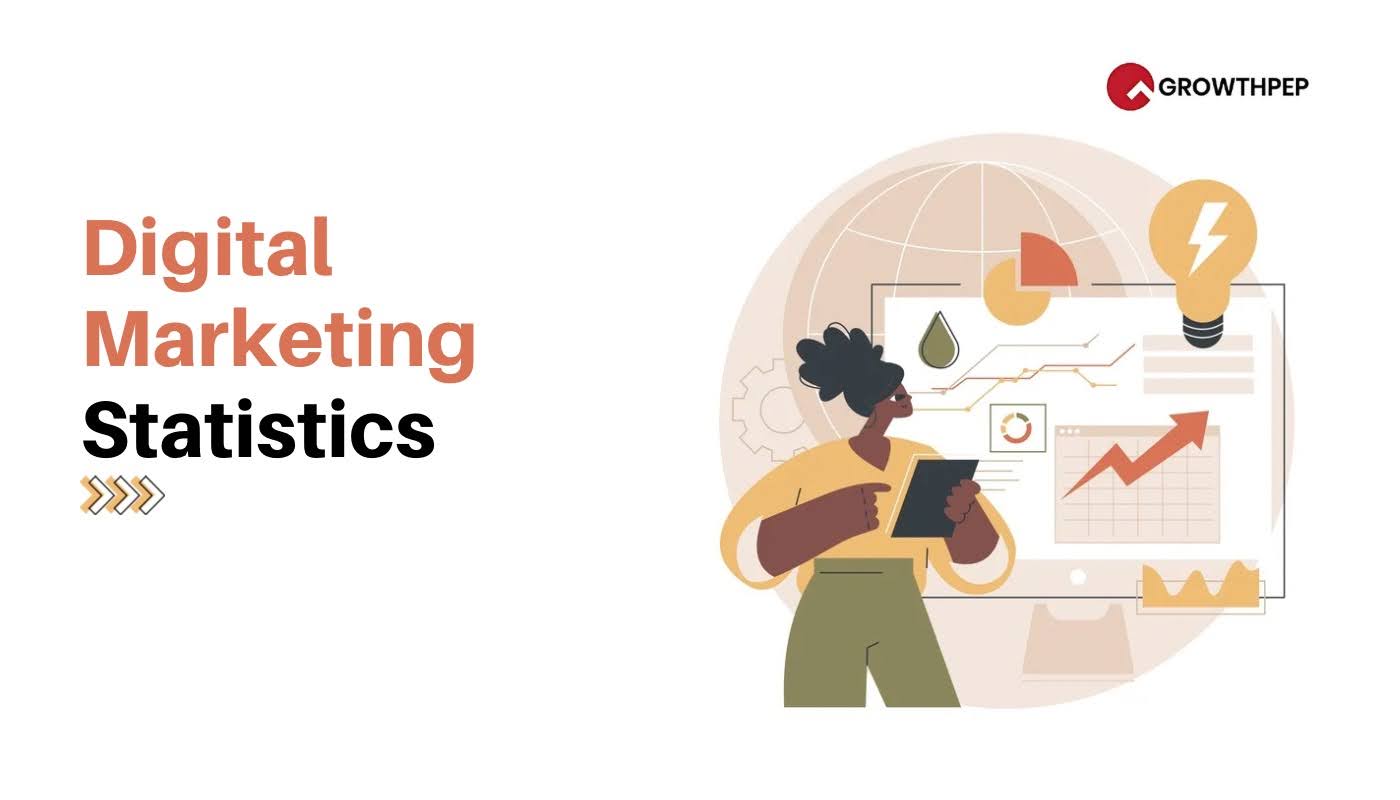
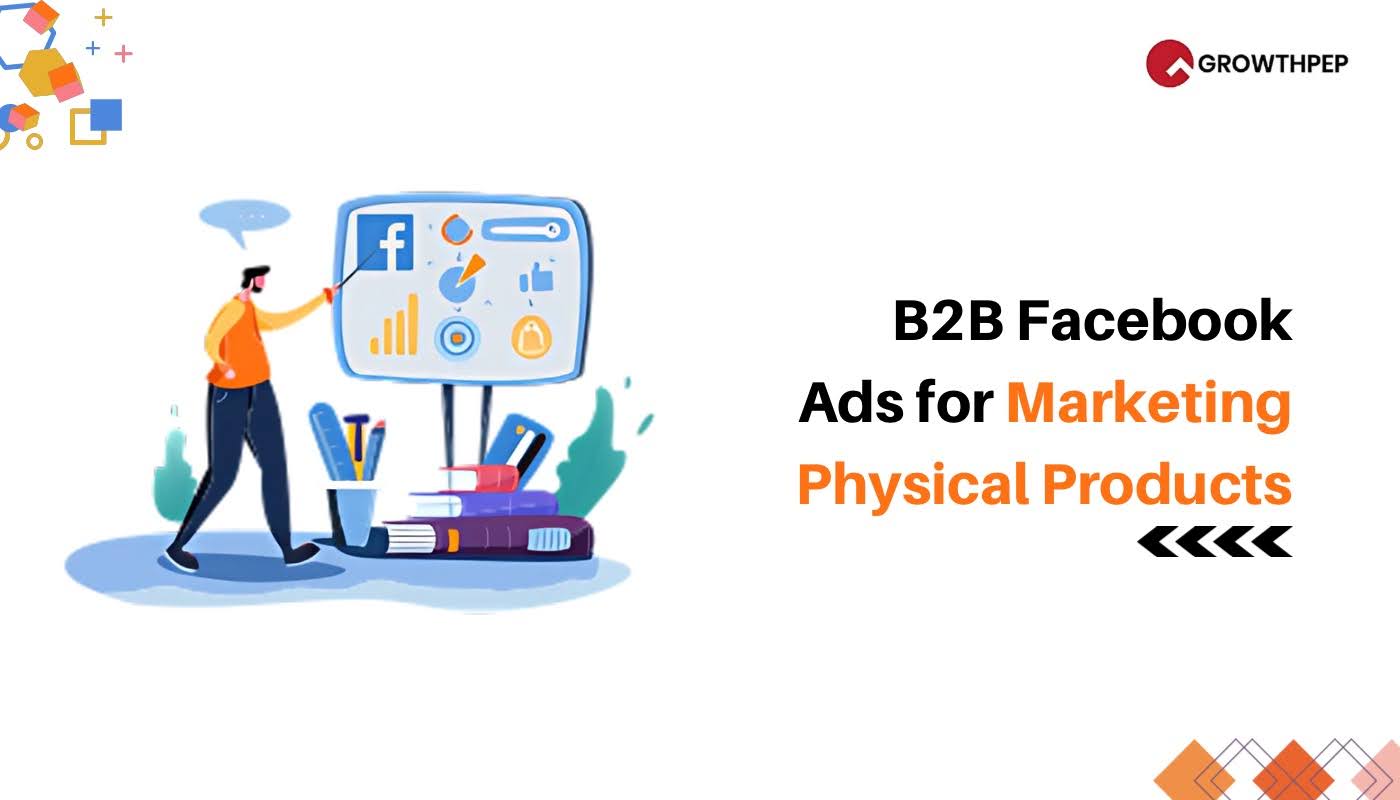
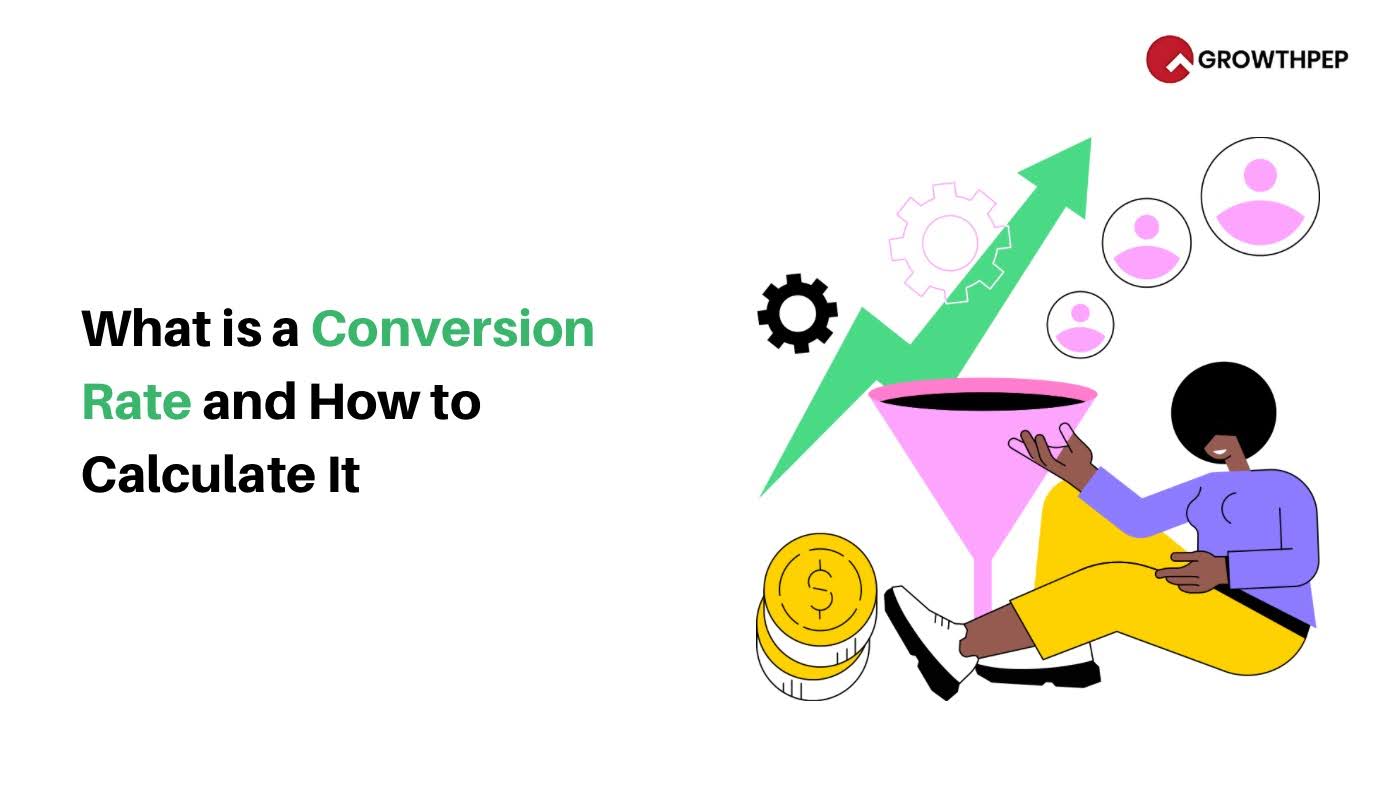
Fiona Conway
February 11, 2025Your passion for the subject shines through in every paragraph. It’s refreshing to find content that’s both educational and enjoyable to read.
Rashad Mcconnell
February 15, 2025I really appreciate the effort you put into making your content so valuable. This was an excellent read, and I’ve taken away some great points!
Izabella Hickman
February 16, 2025This is really interesting, You’re a very skilled blogger. I’ve joined your feed and look forward to seeking more of your magnificent post. Also, I’ve shared your site in my social networks!